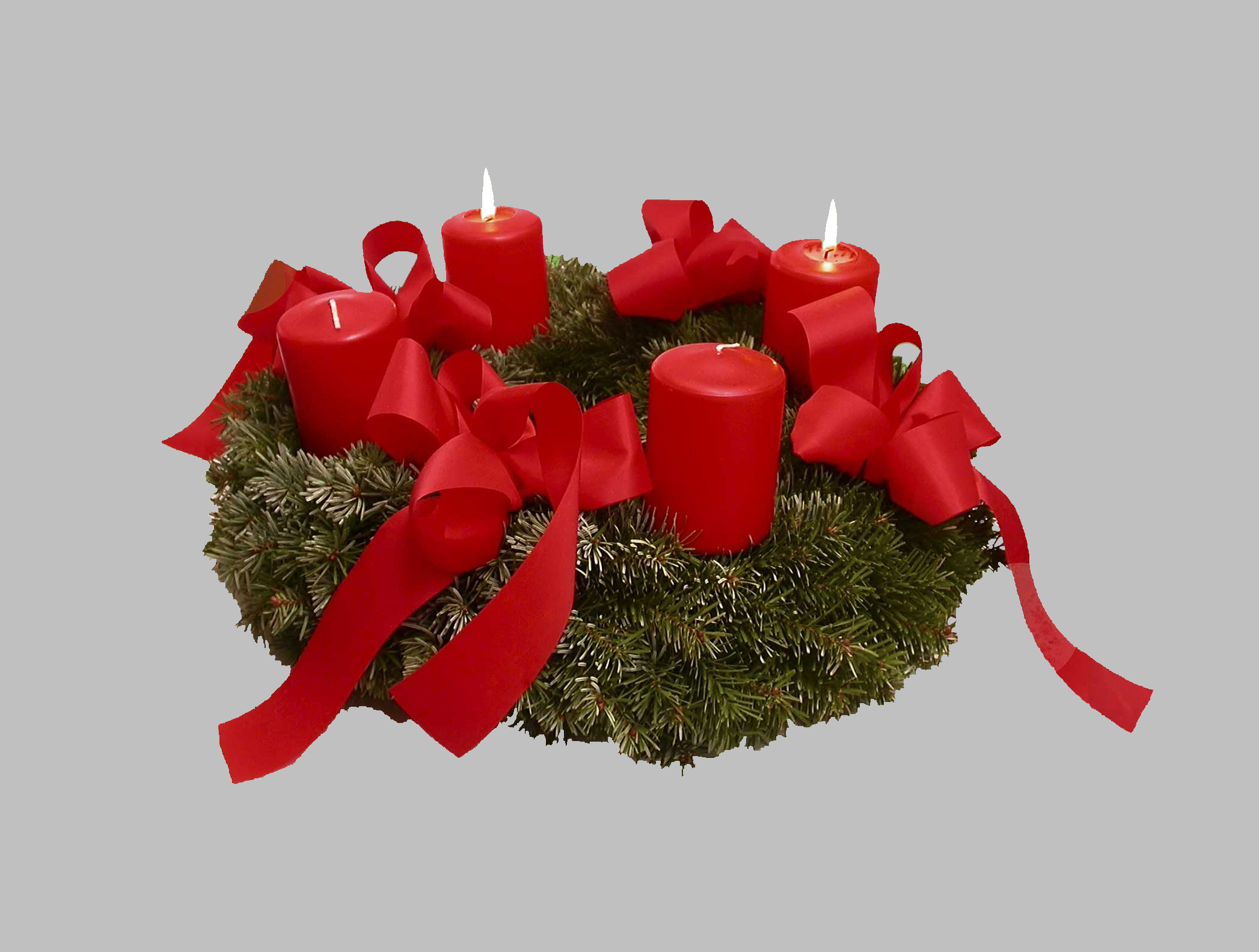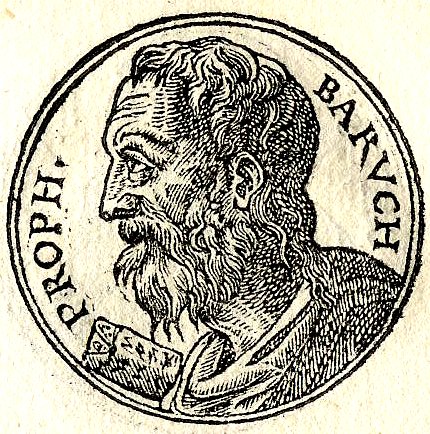Homily of Fr. Paul Panaretos, S.J.
Wearing Weight
Last Sunday’s scriptures were full of friendship language. This week Advent invites us to move from friendship to glory. Advent is about glory: past glory of the Incarnation; future glory of creation when Jesus returns in glory. What is glory? What’s it like? Many associate it with light because light plays prominently in scripture and church tradition. We heard Prophet Baruch use glory several times, even join it with light in the phrase, the light of God’s glory. Baruch also used a clothing-image to announce God’s glory: take off your robe of mourning and misery; put on the splendor of glory from God forever. Consider with me that glory is not light and that glory has weight.
People easily speak of glory as divine light. Art, which represents realities words fail to capture, shapes our instinctive appreciation of glory as light: living light; blinding light; searing light; revealing light; healing light; unfailing light.1
Light seems otherworldly, even dainty: it is transparent; it cannot be held; it can be only partially contained with greatest difficulty. It seems without substance. I think we consider divine light and glory that way. As a result, God ends up to us as otherworldly, even dainty. Nothing could be less true or prophetic!
The prophets’ notion of glory allowed Baruch to urge us, take off your robe of mourning and misery; put on the splendor of glory from God forever. If our inherited notion of glory lends it an insubstantial quality, the prophets’ notion was the opposite. Glory was weighty, substantial and real. God’s glory was most substantial, most real. God, covered himself with glory.2 God’s covering was no hiding, as if God needed to do that! No, the more glory then literally the more weight one would have to put on. God is able to bear the weight of more glory than humans can imagine. We’d be crushed by divine glory.
Yet God graciously mediates divine glory through sunrises which scatter the darkness and grant people new days to live; through affection and compassion which dispel fear and affirm human dignity; and especially by God’s desire to inhabit our human nature personally, and rescued [us] from the power of darkness and brought [us] into the light of God’s kingdom, as Leo the Great preached.3
Light and glory are like two dance-types: ballet and modern dance. Say the word ballet and it evokes flights of dancers ascending heights of air with precision and grace. It opens upward. Martha Graham created dance that was not airy but drawn to earth. While ballet leaps heaven-ward, modern dance bows, zigzags, bends and even shimmies toward the earth. If ballet has that airy quality, modern dance finds its home within: toward the center of the earth and the center of the soul.

As modern dance bears weight differently than ballet, the perception that God’s glory is beyond us isn’t fully true. God covers us with divine glory if we take off our robe of mourning and misery; put on the splendor of glory from God. We may reject the weight of glory, yet it is precisely weighty glory that makes us human. Jesus, enfleshed son of God, gave us access to what before him images only pointed. In practical terms, putting on glory from God glory is how we accept God inviting us to our true selves, healing us and making us whole.
God’s glory more than enlightens us. God touches our lives and deepens our desires to walk more closely with Jesus. God’s glory is not always bright as much of our service in his name bows, bends and even dirties hands. The image of modern dance, weighty and delighting to hug the floor after hovering over it, helps us appreciate God’s nearness, God’s glorious, healing gift which covers us like a robe. It is up to us to shed our robe of mourning and misery and put on the splendor of glory from God. Our world counts on us to do that.
In your daily 15 minutes with Jesus this week, ask to see with the Trinity’s vision, to see yourself anew. Ask John the Baptizer to present you to Jesus. Speak with Jesus: tell Jesus your misery, past or present (past miseries often stay with us long after events finish). Ask Jesus for freedom to put off your misery and put on the splendor of glory from God. Close, saying slowly the Lord’s Prayer. When we exchange misery for God’s glory we forgive ourselves and receive power to forgive others.
___________
- This phrase is found and sung in the Liturgy of the Hours.
- Psalm response for Tuesday, 16th Week of the Year. Not only ancient, ‘covered in glory’ in German is “dressed in glory” (Ruhmbedekt).
- Sermon 1 on the Lord’s Nativity, Office of Readings on Christmas in the Liturgy of the Hours.

No comments:
Post a Comment